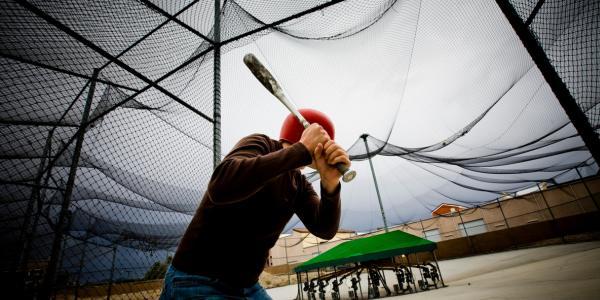What Skills Help Youth Athletes with Toxic Team Environments?
When coaches are negative or condescending toward their players or when parents argue with refs, youth sports can feel toxic to young athletes.
That can lead to anxiety, depression and fear of failure. This behavior from coaches can undermine athletes’ self-esteem and spark injuries, said Hillary Cauthen, a sport psychologist who works in mental health and well-being.
The author of Hello Trauma: Our Invisible Teammate, Cauthen was a recent guest on our Ultimate Sports Parent podcast.
“We hear a lot of name-calling, shaming, embarrassment and punishment from coaches,” she said. Athletes might adapt this kind of negative behavior in their interactions with each other. This can hurt kids’ self-worth.
To help address these mental health issues in sports, coaches and parents can focus on improving both the game and the athletes’ mental game, she said.
First of all, coaches should be held accountable if they harass or shame their players. And parents should avoid hassling referees for what they see as bad calls.
Athletes should be taught coping skills for managing stress and anxiety. They can learn deep breathing techniques.
“Breathing allows you to slow everything down in your environment and to be grounded in that place, and then you’ll have much more clarity, confidence and creativity in your thought process,” she said. It also allows athletes to be more grounded in the moment.
Second, athletes should be encouraged to keep journals of their sports experience to help them improve their self-talk.
“You know, the messages we tell ourselves let our body respond. And so if you’re constantly telling yourself, ‘don’t mess up’ or ‘just relax’, our bodies are conflicting with what we need to be doing at the moment,” Cauthen said.
When athletes are stressed, they might also hyper focus, which creates challenges.
“If you’re hyper focused on what maybe the current problem is–the fears, the worries and anxiety– you can get you stuck in that kind of catastrophic thinking, like, ‘everything is falling apart,’” she said.
Under these circumstances, young athletes can take five minutes to practice mindfulness. Once kids are in a calm state, their bodies can be proactive and quick to respond.
Young athletes should also have a place to look at that grounds them.
“If you’re on the basketball court and you just maybe had a turnover and you’re feeling really stressed and it’s a high pressure game and you’re afraid of what your coach is gonna think, sometimes just looking toward a place in the court is helpful,” Cauthen said. It might be an out-of-bounds line, for instance.
In addition, before playing, young athletes should set an intention and go through a warm-up exercise.
“They might have a pre- performance routine to get themselves in the right mental emotional state,” she said. This should include an intention.
Related Articles on Kids’ Mental Game:
- How Toxic Sports Cultures Hurt Kids’ Mental Health
- How to Help Athletes Who Stop Trying or Give Up
- How Athletes Can Stop Overthinking
*Subscribe to The Sports Psychology Podcast on iTunes
*Subscribe to The Sports Psychology Podcast on Spotify
The Composed Sports Kid

“The Composed Sports Kid” audio and workbook digital download program for young athletes and their parents or coach helps kids cope with frustration and anger in sports. Help your sports kids learn how to manage expectations and let go of mistakes so they can keep their head in the game.
The Composed Sports Kid system is really two programs in one–one program to train parents and coaches how to help their kids practice composure, and one program that teaches young athletes–ages 6 to 13–how to improve composure, let go of mistakes quickly, have more self-acceptance, and thus enjoy sports more!

